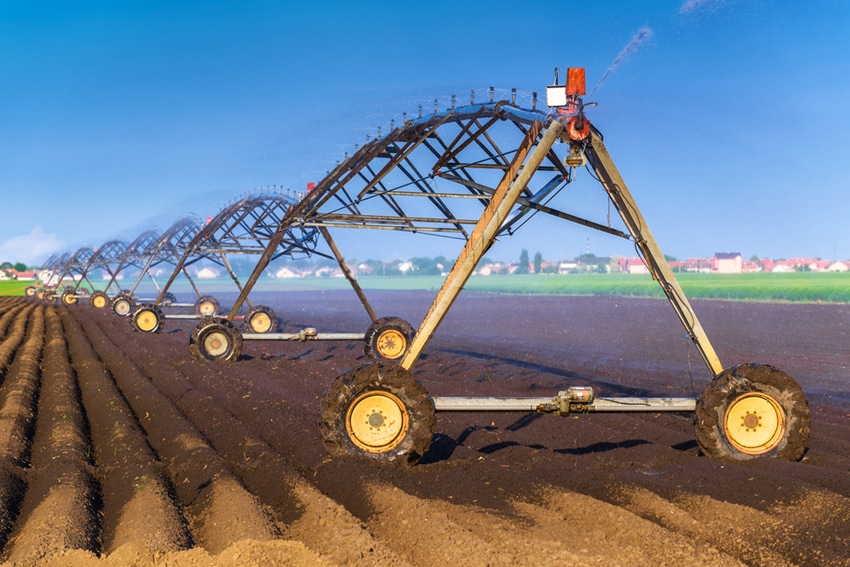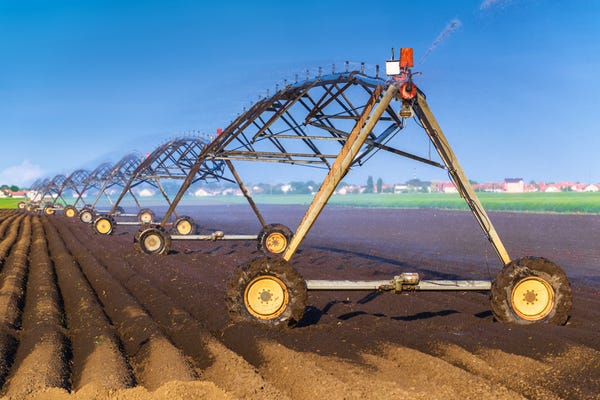Solve the water problem; solve the world problem
June 25, 2015

The declining availability of freshwater from both ground and surface sources threatens both life and international security around the world.
“During the next 10 years, many countries important to the United States will experience water problems—shortages, poor water quality, or floods—that will risk instability and state failure, increase regional tensions, and distract them from working with the United States on important U.S. policy objectives,” say authors of “Global Water Security,” a 2012 Intelligent Community Assessment.
For perspective, the planet faces a 40% shortfall in water supply by 2030 unless management improves significantly, according to the 2015 United Nations (UN) World Water Development report, “Water for a Sustainable World.”

Photo Credit: stevanovicigor / ThinkStock
“Groundwater provides drinking water to at least 50% of the global population and accounts for 43% of all of the water used for irrigation,” according to the UN report. “Worldwide, 2.5 billion people depend solely on groundwater resources to satisfy their basic daily water needs.”
The global population is growing by about 800 million per year and is expected to reach 9.1 billion in 2050, according to the UN report—2.4 billion in sub-Saharan Africa. “The fact is, there is enough water to meet the world’s growing needs, but not without dramatically changing the way water is used, managed and shared,” explain the report authors. “The global water crisis is one of governance, much more than of resource availability.”
No matter the causes, the lack of potable water already creates all sorts of personal misery, from malnutrition and starvation, to poverty, to disease. In turn, these add to civil unrest.
“Between now and 2040, fresh water availability will not keep up with demand, absent more effective management of water resources,” according to the Intelligent Community Assessment. “Water problems will hinder the ability of key countries to produce food and generate energy, posing a risk to global food markets and hobbling economic growth. As a result of demographic and economic development pressures, North Africa, the Middle East, and South Asia will face major challenges coping with water problems.”
Among other findings in the report:
“We assess that during the next 10 years, water problems will contribute to instability in states important to U.S national security interests. Water shortages, poor water quality, and floods by themselves are unlikely to result in state failure. However, water problems—when combined with poverty, social tensions, environmental degradation, ineffectual leadership, and weak political institutions—contribute to social disruptions that can result in state failure.
“We judge that during the next 10 years, the depletion of groundwater supplies in some agricultural areas—owing to poor management—will pose a risk to both national and global food markets.”
You might also like:
60 stunning photos that showcase ranch work ethics
Picture perfect summer grazing scenes from readers
7 U.S. cattle operations honored for stewardship efforts
How to prevent foot rot in cattle
What's the least expensive way to breed cows? It might not be what you think
You May Also Like



